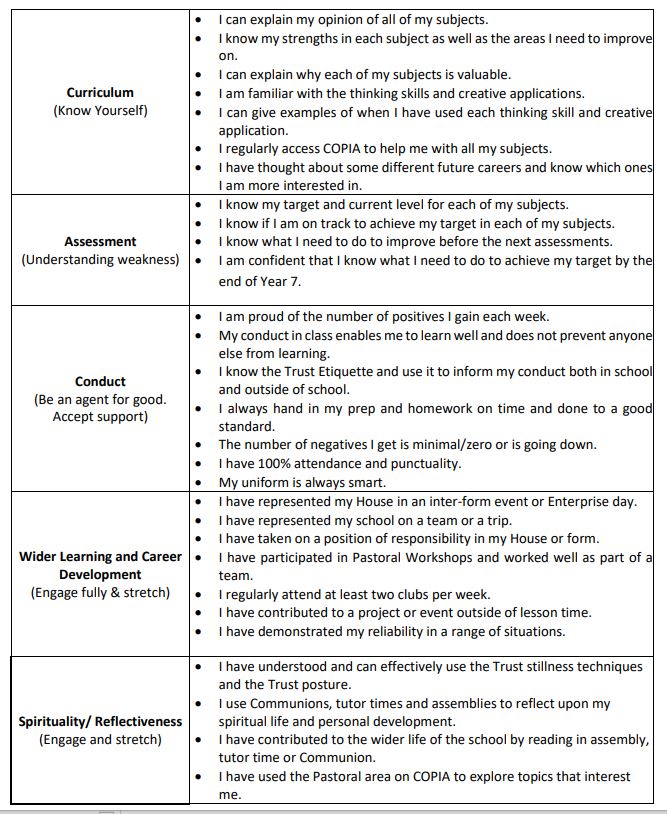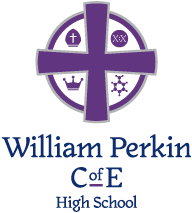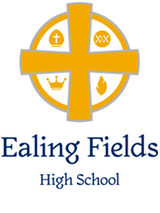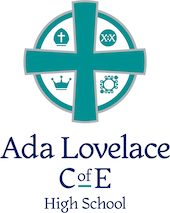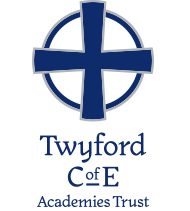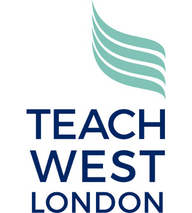A Community which Cares
Student welfare is managed through our Pastoral System. Each student has a Form Tutor who acts as the first point of contact in issues relating to student wellbeing. Tutors are supported by the Heads of Year and Heads of Key Stage who take full responsibility for students in their care. A wide range of agencies will be used to provide support and guidance in a variety of student welfare issues. The Learning and Inclusion Department offers mentoring, counselling, literacy & numeracy support as well as a range of personalised programmes.
Responsible behaviour within the school community also shapes our relationship with the wider community.
Enterprise
The Twyford ethic is to be enterprising. We give students the opportunity, within class and through extra-curricular programmes to be innovative and imaginative. The story which we utilise to exemplify our attitude to enterprise is the Parable of the Stewards. A spirit of enterprise will become very important to our students as they move into upper school and think about their own future pathways. Programmes of speakers from industry and Higher Education encourage students to think about the direction they would like to take and the initiatives they may want to develop to ensure they are well positioned for future success. All students will undertake work experience in Year 10 and will be expected to consider work placements after GCSE.
Engagement & Celebration
The Twyford Trust ethic is one of high engagement. Our Trust motto is ‘I have come that you should have life and life in all its fullness’ (John 10:10). Our school day is a very full one and also includes after-school clubs as part of the extended elective programme. Successful students learn to make very productive use of their time and seize every opportunity to develop themselves fully. From Year 7, students learn that to be fully engaged is how to get more out of life. Heads of Year take the lead in ensuring that all students engage with the wider life of the school as well as making very good progress academically. Each half-term ends with a celebration assembly – but achievements are also given a high profile through weekly Head of Year Assemblies. Termly Celebration of Learning events are also organised for parents to engage with student successes.
Twyford is organised into year groups each containing seven tutor groups, which are also members of the school's seven houses Truro, Wells, York, Fountains, Ripon, Durham & Canterbury.
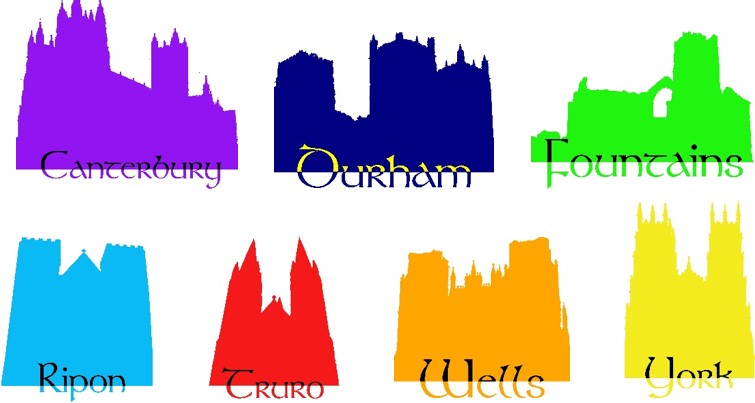
Each House undertakes fundraising for its own named charity through 'enterprise days' where students are expected to work together in a business-like way on projects to promote the work of its charity and to raise money on their behalf.
- Canterbury - Refuge
- Durham - Winston's Wish
- Fountains - Hope UK
- Ripon - The Trussell Trust
- Truro - Resurgo
- Wells - Save the Children
- York - Save9Lives
Each Year Group has a Head of Year and an Assistant Head of Year. The Head of Year 7 liaises with the Primary Schools that our students have come from, and for this reason remains Head of Year 7 each year. Once students move into Year 8 they will then remain with their new Head of Year until the end of Year 11.
Year 7 and 8 are referred to as Lower school (or Key Stage 3) and are overseen by a Head of Key Stage 3. Year 9-11 are referred to as Upper school (or Key Stage 4). Years 9 and 10 are overseen by Head of Key Stage 4, with Year 11 overseen and supported by the Senior Pastoral Deputy Headteacher.
In the Sixth Form there is a permanent Head of Year 12, and also one for Year 13 as well as an overall Head of Key Stage 5.
The aim for pastoral curriculum is to prepare and position students to deal with the personal, social & spiritual challenges of their future pathways and is true to our Christian identity. We are very proud that particular praise was given to the pastoral curriculum in our last SIAMS inspection.
SMSC is delivered through assemblies, tutor times, pastoral workshops, wider learning/electives & RE lessons. Where possible we use story to explore and explain. Throughout their time at school, students maintain a portfolio of evidence in order to self-evaluate their own progress towards these targets and their acquisition of the Twyford Learning Skills.
The SMSC policy for the Trust has further information.
The design of the Pastoral Curriculum at Twyford will support students to achieve pastoral outcomes as well as the individual targets which they will set for themselves including at students’ annual target setting meeting. They will acquire knowledge in areas related to their personal welfare & wellbeing including careers and social awareness which will enable them to develop as good citizens with a well-developed spiritual and moral compass. Central to this is self-evaluation. We are able to get the students to do this via the development of a ‘personal portfolio’ to go alongside a set of frameworks for self-assessment.
The programmes fall into an upper and lower school section: the lower being about ‘myself and others’ and the second about ‘walking with purpose’. We have consciously used stories from Christian tradition as the framework for the programme as we are a Christian school. The pastoral programme taught in tutor time is supplemented and supported by Pastoral Workshops, which form part of our PSHE curriculum, to support students to understand themselves in relation to the society in which they live.
Overall, therefore the pastoral programme seeks to help every child gain a secure hope and a future. It uses the development of reasoning and critical reading to ensure:
- Students develop their own spiritual understanding and interpretation of the Christian tradition through Bible stories & the stories of other faiths & peoples.
- Students use those stories to develop a deeper understanding of themselves and their own moral framework.
- All members of the tutor group form social relationships with each other which are supportive, positive and based on common stories.
- Students are supported to critically engage with and place themselves in relation to contemporary cultural and PSHE issues.
Year 7 & 8 Programme: True to self
The Year 7 & 8 programmes have been built around the 10:10 ethic since this communicates the core values of the school community. The six half terms therefore move through having good gifts used in service of others (know yourself, be an agent for Good), knowing how to avoid staying in a bad place (understand weakness & accept support) and being fulfilled in community (engage fully & stretch). 15 | Page As students start secondary school we have a great range of new challenges. Their five targets are as follows:
